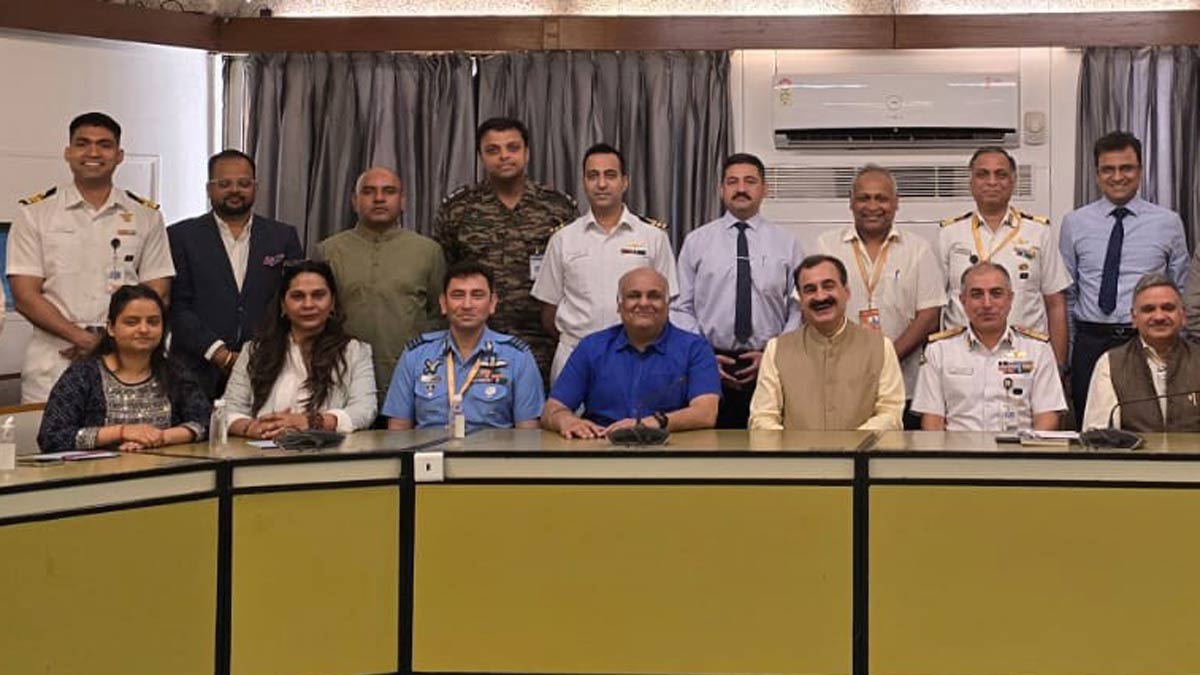AI in defence: India must act now, say experts

Artificial Intelligence (AI) has permeated every sphere of life. While the debate around its advantages and disadvantages continues, when it comes to the defence of the country, this technology is certainly a double-edged sword. In light of this, the Artificial Intelligence Law Hub, in collaboration with Pavan Duggal Associates, organised a roundtable discussion on 'Artificial Intelligence and Defence', focusing on the strategic integration of AI technologies into India's defence framework.
The main highlight of the discussion was that India cannot afford to remain a spectator in the global AI arms race. The speakers reiterated that AI will play a larger role in future conflicts.
Despite the growing role of AI globally, India still lacks a dedicated legal framework for AI in defence. “The Indian Information Technology Act is completely inadequate,” observed Air Marshal Rajeev Sachdeva, adding, “We need to evolve distinctive legal frameworks because AI in defence is a completely different ballgame.”
The experts also explored the dilemma of regulation versus operational freedom. Air Marshal Sachdeva noted, “Make any law you feel like but don’t bind the military from doing what they need to do. Don’t bring books in front of a soldier being stoned on the streets.”
The need for indigenous AI infrastructure was another major topic. India lacks its own homegrown AI model and is heavily dependent on China (DeepSeek) and the US (ChatGPT or Gemini). The larger consequence of this is that when these foreign models are used, personal data is compromised. “There is zero silicon fab capability in the country right now. We use the same hardware as the commercial market,” said Air Marshal Sachdeva, adding that while some advancements are expected by the end of the year, India must accelerate self-reliance.
Speakers stressed the importance of developing domestic Large Language Models (LLMs)—a type of AI model specifically designed to process, understand, and generate human language—tailored for defence. SLMs, or Small Language Models—AI models specialised in specific tasks and built with curated, selective data sources—were also highlighted.
The panel also emphasised how laws should be made to ensure that this data is not accessed by India's adversaries and foreign forces.
The roundtable was a powerful reminder that AI isn’t just about machines—it is also about sovereignty. “Technology, innovation, and economy together make your militarily strong. When all three align, you become a global power,” said one of the speakers.
With global players already advancing AI in warfare, India’s defence leadership now faces a critical window to act, legislate, and innovate.
Defence